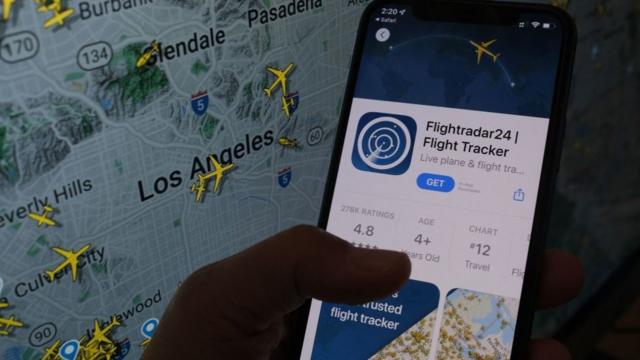Flight tracking has become a central part of modern aviation, influencing how people view, monitor, and understand air travel. What once was a niche interest has grown into a widely used tool, benefiting passengers, aviation enthusiasts, businesses, and even governments. With advancements in technology and the increasing accessibility of real-time data, flight tracking news continues to make headlines, showcasing the innovation and impact of this technology.
This article delves into the latest developments in flight tracking, its importance, and its role in transforming air travel for the better.
The Evolution of Flight Tracking
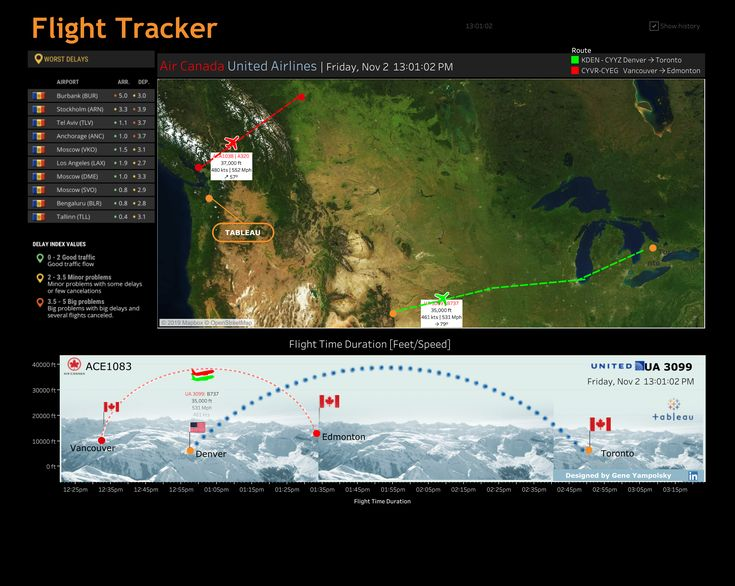
Flight tracking originated as a tool primarily used by aviation professionals, including air traffic controllers and airline operators, to ensure the safety and efficiency of flights. However, as the internet and GPS technology became more advanced and accessible, flight tracking was opened to the public. Websites and apps like FlightRadar24, FlightAware, and others allowed users to monitor flights in real-time, from commercial jets to private aircraft.
Over the past decade, the capabilities of flight tracking systems have expanded dramatically. This evolution is due to several factors, including the integration of Automatic Dependent Surveillance-Broadcast (ADS-B) technology, satellite-based tracking systems, and machine learning algorithms that improve data accuracy and reliability.
Why Flight Tracking Matters
- Transparency for Passengers
Passengers now have the ability to flight tracking news in real-time, providing them with information about delays, estimated arrival times, and even the aircraft’s current altitude and speed. This transparency builds trust and enhances the overall travel experience. - Improved Safety
Real-time tracking allows for quicker responses in the event of emergencies. For example, missing flights like Malaysia Airlines Flight MH370 highlighted the need for better tracking systems to prevent similar occurrences. Advances in satellite-based tracking have significantly improved global coverage, even in remote areas like oceans or polar regions. - Operational Efficiency
Airlines and airports use flight tracking to optimize their operations. Accurate tracking data helps reduce congestion, improve scheduling, and manage resources more effectively. - Environmental Monitoring
Flight tracking systems are increasingly used to monitor aviation’s environmental impact. By analyzing flight paths and fuel usage, stakeholders can identify ways to reduce emissions and improve sustainability. - Public Engagement
Beyond its practical uses, flight tracking has become a source of fascination for millions. Aviation enthusiasts use these tools to follow unique flights, such as test runs of new aircraft, humanitarian missions, or military operations.
Latest Developments in Flight Tracking News
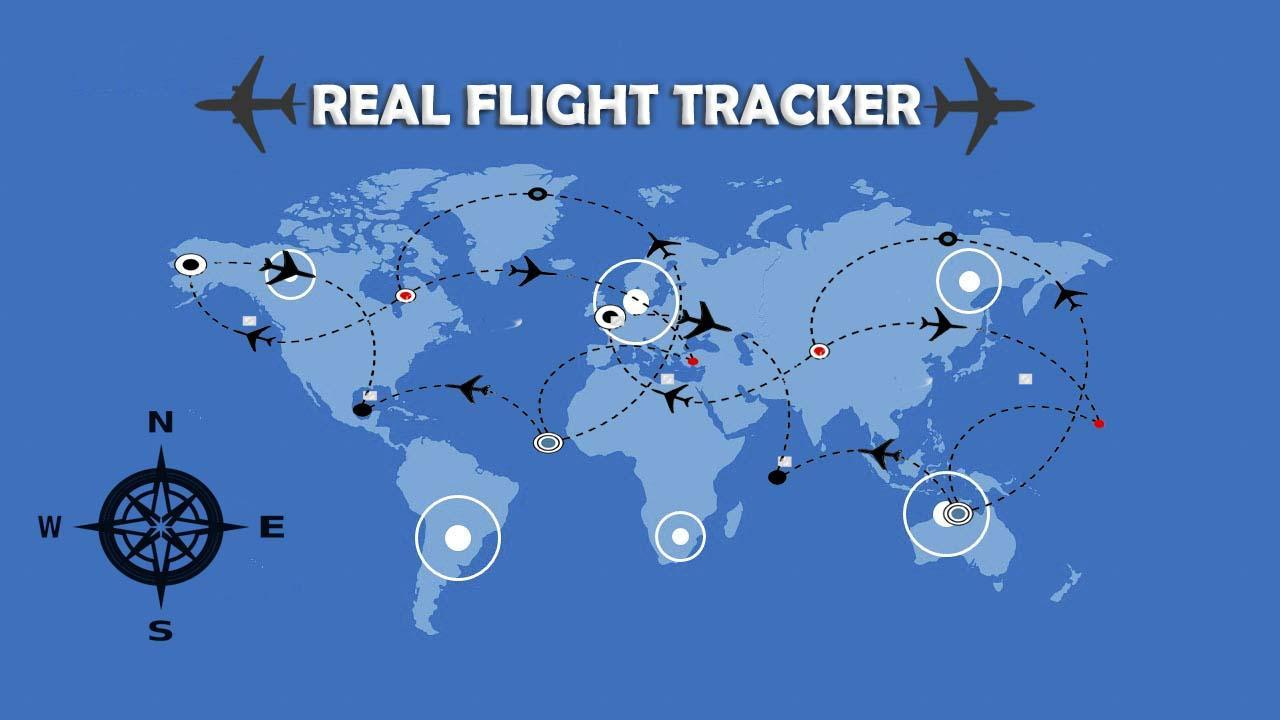
Satellite-Based Tracking Systems
The introduction of satellite-based tracking has been a game-changer for aviation. Traditional radar systems are limited in range, especially over oceans and remote areas, but satellites provide global coverage. Companies like Aireon have launched systems that use space-based ADS-B receivers to track aircraft in real-time, no matter their location.
This technology was notably adopted by the International Civil Aviation Organization (ICAO) as part of the Global Aeronautical Distress and Safety System (GADSS) initiative, ensuring no aircraft goes untracked during emergencies.
Integration with Artificial Intelligence
AI is increasingly playing a role in flight tracking. Machine learning algorithms analyze vast amounts of data to predict delays, identify trends, and improve route planning. AI-powered systems also help aviation authorities detect anomalies in flight patterns, enhancing safety measures.
Crowdsourced Data Collection
Many flight tracking platforms rely on ADS-B receivers set up by volunteers worldwide. These receivers collect data transmitted by aircraft and share it with tracking networks. This crowdsourced approach has expanded the scope of flight tracking and made it more accessible to the public.
Environmental Insights
Flight tracking data is being used to measure the carbon footprint of individual flights. Platforms now offer features that estimate CO2 emissions based on aircraft type, flight distance, and fuel efficiency. This transparency is encouraging airlines to adopt greener practices and helping passengers make informed decisions.
Flight Tracking Apps and Accessibility
Flight tracking has become more accessible than ever, with user-friendly apps and websites offering free and premium services. Apps like FlightRadar24 have introduced augmented reality features, allowing users to point their devices at the sky and identify nearby flights.
The Role of Flight Tracking in Crisis Management
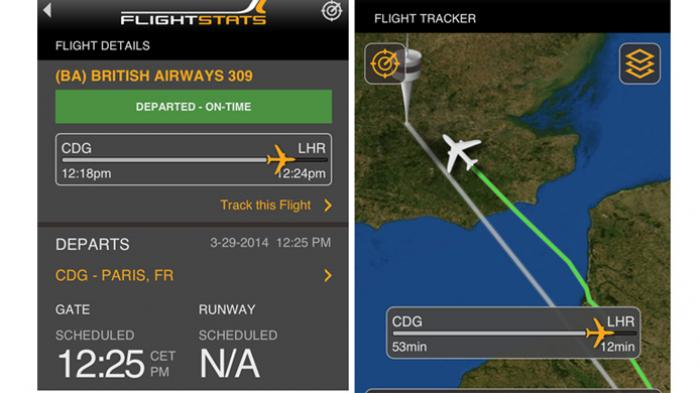
Flight tracking news systems play a critical role during crises. Whether it’s monitoring humanitarian aid missions, coordinating disaster response, or tracking flights during geopolitical conflicts, these tools are indispensable.
COVID-19 Pandemic
During the COVID-19 pandemic, flight tracking became essential for monitoring global air traffic trends. It helped airlines and governments track the transportation of medical supplies, vaccines, and repatriation flights.
Geopolitical Conflicts
In regions affected by geopolitical tensions, flight tracking provides crucial information about restricted airspace and rerouted flights. For instance, the conflict in Ukraine has led to significant changes in European and Asian flight paths, with tracking systems helping airlines navigate these challenges.
Natural Disasters
Flight tracking systems are often used to coordinate rescue and relief operations during natural disasters. By monitoring aircraft carrying aid supplies, authorities can ensure timely and efficient delivery to affected areas.
The Future of Flight Tracking
The future of flight tracking is bright, with several exciting developments on the horizon.
Hyper-Accurate Tracking
The next generation of tracking systems will leverage 5G connectivity and advanced sensors to provide hyper-accurate data. This will benefit not only aviation professionals but also passengers looking for real-time updates.
Integration with Smart Airports
Flight tracking will become a key component of smart airport systems, providing seamless integration between airlines, passengers, and airport operations. From automatic check-ins to real-time gate changes, tracking data will enhance efficiency and convenience.
Drone and Urban Air Mobility Tracking
As drones and air taxis become more prevalent, flight tracking systems will need to evolve to monitor low-altitude air traffic. This will require new technologies and regulatory frameworks to ensure safety and efficiency.
Blockchain for Data Security
The aviation industry is exploring blockchain technology to enhance the security and integrity of flight tracking data. This would prevent tampering and ensure that data is reliable and trustworthy.
Challenges in Flight Tracking
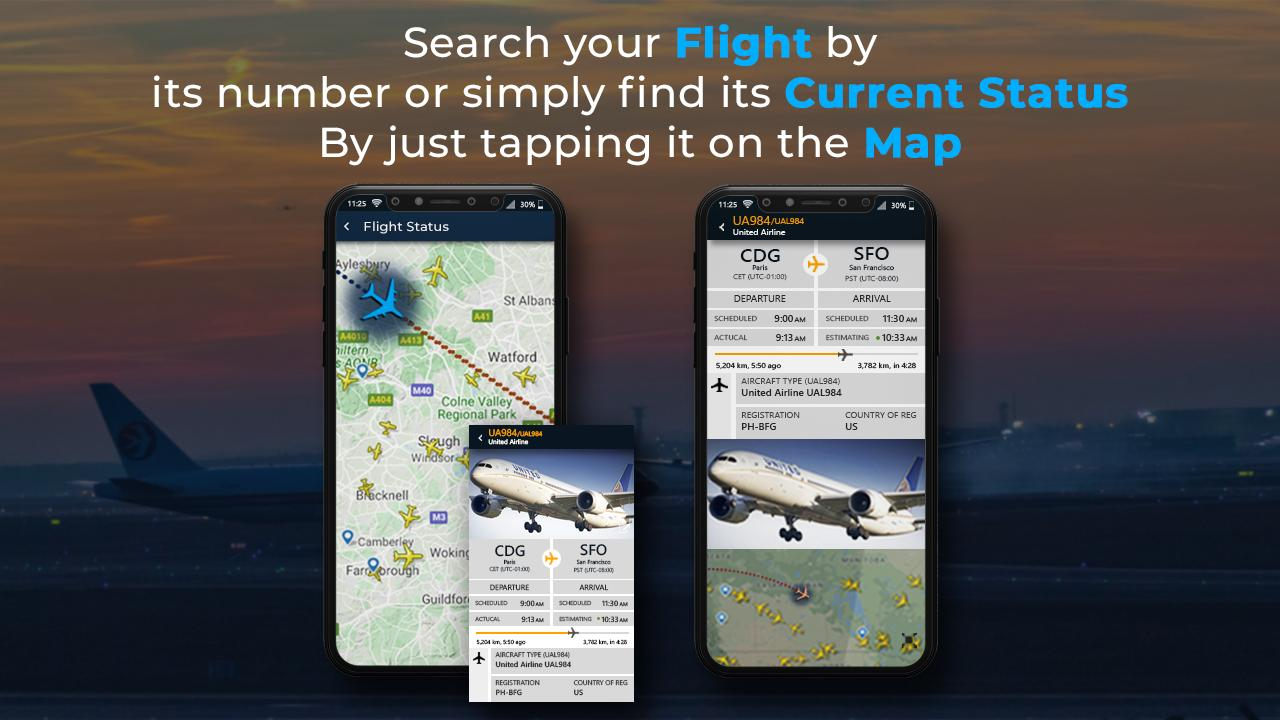
While flight tracking has come a long way, challenges remain.
- Privacy Concerns
The transparency of flight tracking raises privacy issues, particularly for private aircraft owners and sensitive operations. Striking a balance between public access and confidentiality is an ongoing debate. - Data Accuracy
While systems are generally reliable, occasional discrepancies in tracking data can occur. Improving accuracy remains a priority for developers. - Cybersecurity Risks
As with any digital system, flight tracking platforms are vulnerable to cyberattacks. Ensuring robust security measures is critical to protecting data and maintaining trust.
Conclusion
Flight tracking news is no longer just a tool for aviation professionals; it has become a vital resource for passengers, businesses, and governments worldwide. From enhancing safety and operational efficiency to providing environmental insights and public engagement, the impact of flight tracking technology is profound.
As innovation continues to push the boundaries of what’s possible, flight tracking is poised to play an even greater role in shaping the future of air travel. Whether you’re a frequent flyer, an aviation enthusiast, or simply curious about the world of air travel, staying informed through flight tracking news is an exciting way to connect with the ever-evolving skies above.


